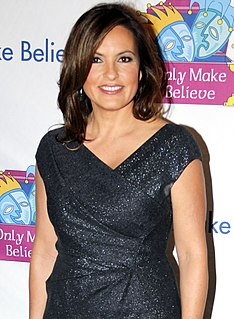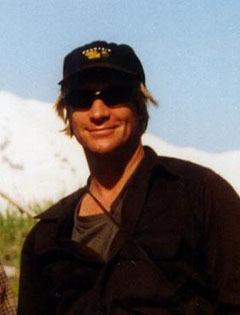A Quote by Chitra Banerjee Divakaruni
Or is this how humans survive, shrugging off history, immersing themselves in the moment?
Related Quotes
'The Others' books take place in an alternate Earth where the Earth natives have been the dominant predators throughout the world's history, and humans are nowhere near the top of the food chain. But humans are clever and resilient, if not always wise, and have made some bargains with the Others in order to survive.
We have indeed been out in space, but some are under the illusion that we have been off Earth. In reality humans have never been off Earth. We have always been on a piece of Earth in space. We survive only as long as we can breathe the air of Earth, drink its waters, and be nourished by its foods. There is no indication that as humans we will ever live anywhere else in the universe. Place, too, is continuously being transformed but only within its own possibilities.
People can't live with themselves much longer. The planet cannot live with humans much longer! We have the weaponry, destruction of the planet, pollution, destruction of forests, countless manifestations of humans using their intelligence in the service of the dysfunction, the madness. It's a strange juxtaposition. Humans are intelligent, but if you look at history or even watch TV, they're also incredibly stupid.
Sixty-five percent of Americans don't have the conversation with their children. So you're sending off boys and girls off to college, off to high school, off to wherever they go, and nobody's had the conversation about how to conduct themselves. About a man telling his son how to be a man. How to respect a woman. How do you respect yourself?
When humans act like animals, they become the most dangerous of animals to themselves and other humans, and this is because of another critical difference between humans and animals: Whereas animals are usually restrained by the limits of physical appetites, humans have mental appetites that can be far more gross and capacious than physical ones. Only humans squander and hoard, murder and pillage because of notions.
I just wondered where you —” Ron broke off, shrugging. “Nothing. I’m going back to bed.” “Just thought you’d come nosing around, did you?” Harry shouted. He knew that Ron had no idea what he’d walked in on, knew he hadn’t done it on purpose, but he didn’t care — at this moment he hated everything about Ron, right down to the several inches of bare ankle showing beneath his pajama trousers.
I feel history is more of a story than a lesson. I know this idea of presentism: this idea of constantly evoking the past to justify the present moment. A lot of people will tell you, "history is how we got here." And learning from the lessons of history. But that's imperfect. If you learn from history you can do things for all the wrong reasons.
In the next 10 years there will be about 100 000 people who will be preparing the way for themselves with the assistance of their guides (all human beings have a dimensional being walking beside them). They will all be assisting themselves as part of the preparation by becoming aware of how animals have been separated from humans and how we are able to bring oneness into the hereness.


































